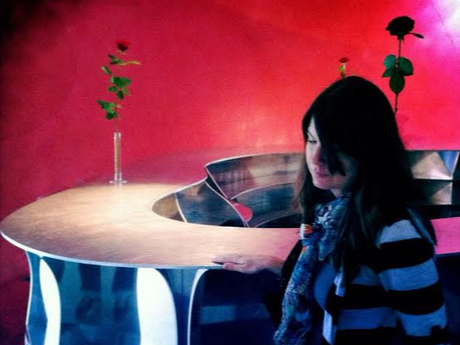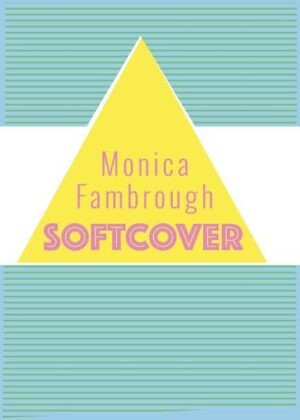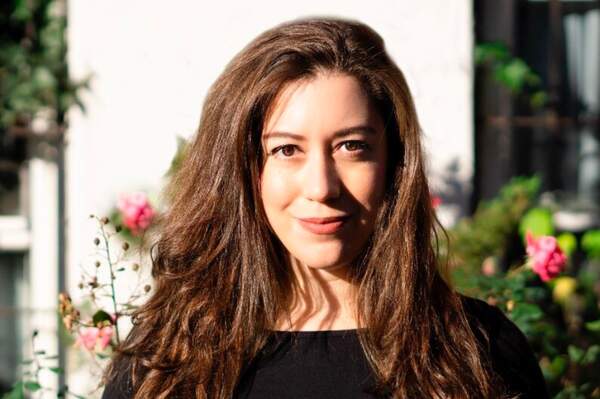In Their Own Words
Monica Fambrough’s “Request”

Request
You ask for
a box of tissues,
and I bring it.
You ask for
a specific flavor
of Gatorade, and
I bring that, too.
You ask for pills
and thermometers
and quiet, and
these are all
delivered. My little
hands, my wrists
turned up.
Then you recover
and you ask for
wine and crackers.
You ask for dvd's
and chocolates
and sex. And this
all seems reasonable
enough.
You ask for clean
pajamas and a good
night's sleep.
You ask for
a day unbroken
by complaint.
You ask for a
morning when
the crows will
just be quiet.
You ask for
the banana
to be perfectly
ripe and the toaster
to toast evenly
and for the yogurt
to need no stirring
at all.
You ask for Paco
not to bark at the
mail carrier. And
so he is quiet. You
ask us all to clap
for Paco. You
ask the sun to shine
but not to glare. You
ask the boats to be
beautiful but not
out of reach.
You ask the humming-
bird to hold still at just
the right angle. See?
His throat is ruby
in the light.
You ask the sugar
not to spill and
the milk not to turn.
You ask the plane
to land safely.
You ask the plans
to go without a hitch.
You ask the blue
not to be unbearable
and the blue says,
yes, and I say yes,
it is not too much
to ask.
All rights reserved. Reprinted with the permission of the author.
On "Request"
When I wrote this poem, I lived in a narrow house perched at the top of a hill in the Leschi neighborhood of Seattle, Washington. I was a newlywed, and it was an extraordinarily hopeful place to live. Just past our front yard, the land dropped sharply away, so our front windows had a wide-open view of the Cascade Range, looming mistily above Lake Washington. The I-90 "floating bridge" cut right into the hillside just beneath our house, through a tunnel carved with a massive inscription: "Portal to the Pacific." It was impossible to feel anything other than on the edge of something.
It was a money neighborhood, and we were renting the view. Our house was essentially in our landlord's yard, and its quirks outnumbered its practicalities. There was a large living room with a fireplace and a beamed ceiling, like a ski lodge. But at about 15 feet wide, it ran the whole depth of the house. After the living room, the bathroom was the next-largest room in the house. All the other rooms were tiny, some too small even for a twin bed. The kitchen was practically a hallway, and the dining area was a nook with a low ceiling—most adults had to duck into it. The floor listed. The glass was old and watery, and some of the windows had the feel of portholes. Visitors often commented that it was like living on a boat or a railcar.
We had a little yard where we grew vegetables. In Seattle it is easy—you stick something into the wet, black dirt and it gives and gives. A large fuchsia plant by the front walk attracted hummingbirds. They would come even in the winter, so we got them a feeder. When the temperature was below freezing, I would bring the feeder inside at night so that the red syrup wouldn't freeze. In the morning the tiny birds would wait on the post for me to bring it back out.
I was not yet a mother; I was only newly a wife. Partnership seemed simple. People got sick, but they got better. The birds needed you, and you cared for them. Money was tight, but wine and chocolate were within reach. We were on the move. Our house was a ship that could never sink. There was a wide sky out the window, and it felt like that would always be enough.



